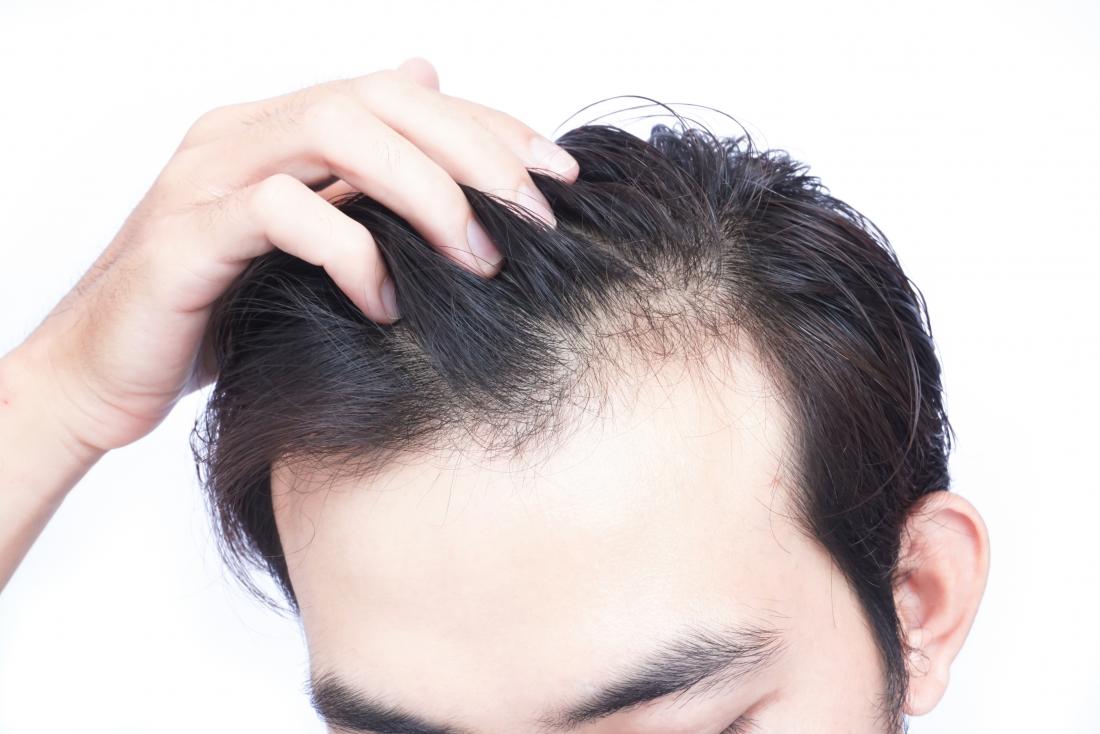Yes, vitamin deficiencies can indeed cause hair loss. Hair growth is a complex process that requires a variety of nutrients to function properly. Deficiencies in certain vitamins and minerals can disrupt this process, leading to hair thinning or increased hair shedding. Identifying and addressing these deficiencies is crucial for restoring hair health and preventing further loss.
Understanding the Role of Vitamins in Hair Health
Hair growth involves a cycle that includes the phases of growth (anagen), transition (catagen), and rest (telogen). Nutrients play a key role in supporting the energy production and cellular processes necessary for a healthy hair growth cycle. Here’s how specific vitamin deficiencies can impact hair health:
1. Vitamin D: Vitamin D is involved in the stimulation of hair follicles, and a deficiency can lead to telogen effluvium, a condition characterized by excessive hair shedding. Low levels of vitamin D have also been linked to alopecia areata, an autoimmune condition that causes patchy hair loss.
2. Vitamin B7 (Biotin): Biotin is well-known for its role in hair health. It supports the production of keratin, the protein that makes up hair. Deficiency, although rare, can lead to significant hair thinning and loss.
3. Vitamin A: While vitamin A is necessary for cell growth, including hair growth, too much or too little can lead to hair loss. A deficiency can slow down the production of sebum, leading to a dry scalp and weak hair, while excess intake can cause hair shedding.
4. Vitamin B12: Essential for red blood cell formation, which carries oxygen to tissues, vitamin B12 deficiency can lead to hair loss due to reduced oxygen supply to hair follicles.
5. Vitamin E: Known for its antioxidant properties, vitamin E supports a healthy scalp and hair by combating oxidative stress that can lead to hair loss.
6. Iron: Although not a vitamin, iron deficiency is a common cause of hair loss, especially in women. Iron supports hemoglobin production, which helps deliver nutrients and oxygen to hair follicles.
Addressing Vitamin Deficiencies to Combat Hair Loss
1. Balanced Diet: Consuming a well-rounded diet that includes a variety of fruits, vegetables, proteins, and healthy fats is crucial for getting all the vitamins and minerals your hair needs. Foods rich in the above vitamins can help prevent deficiencies and support hair health.
2. Supplementation: In cases where dietary changes are not sufficient or if you have a diagnosed deficiency, supplements may be necessary. Always consult with a healthcare provider before starting any supplementation, as some vitamins can be harmful in excess.
3. Blood Tests: If you suspect that a vitamin deficiency is causing your hair loss, a blood test can confirm your levels. This allows for targeted treatment under the guidance of a healthcare professional.
4. Topical Treatments: For some deficiencies, such as vitamin D, topical treatments directly applied to the scalp may be beneficial alongside dietary changes.
Conclusion
Vitamin deficiencies can indeed lead to hair loss by disrupting the natural hair growth cycle and weakening hair structure. By ensuring a balanced intake of essential vitamins and minerals, you can support hair health and potentially prevent or reverse hair loss. If you’re experiencing hair loss, consider speaking with a healthcare provider to determine if a vitamin deficiency could be the cause and to develop an appropriate treatment plan.
